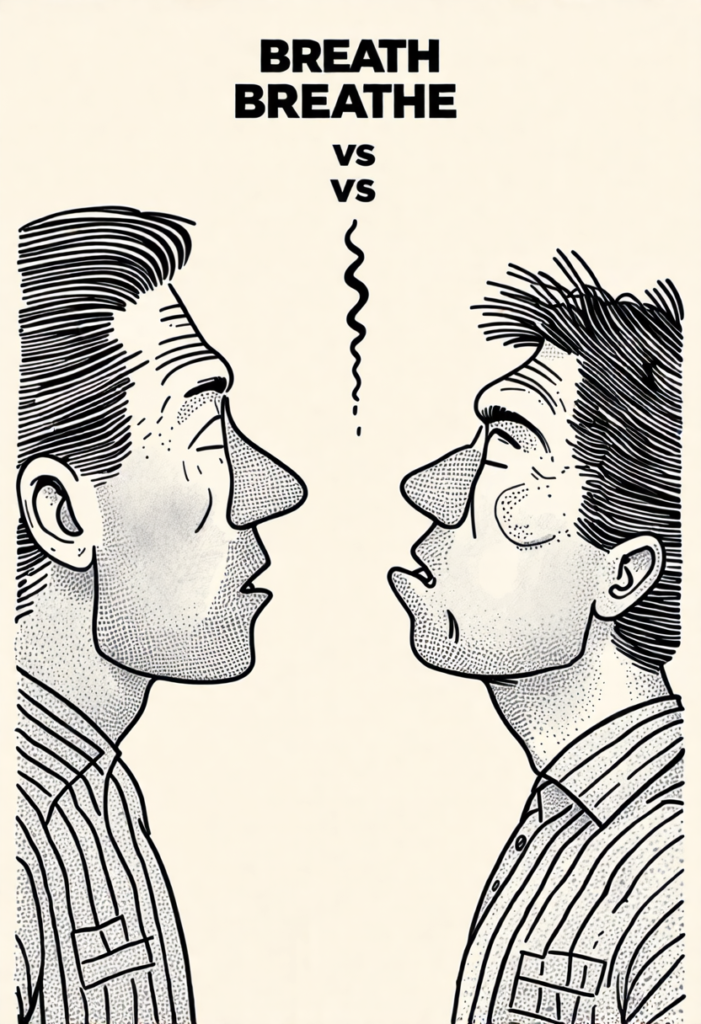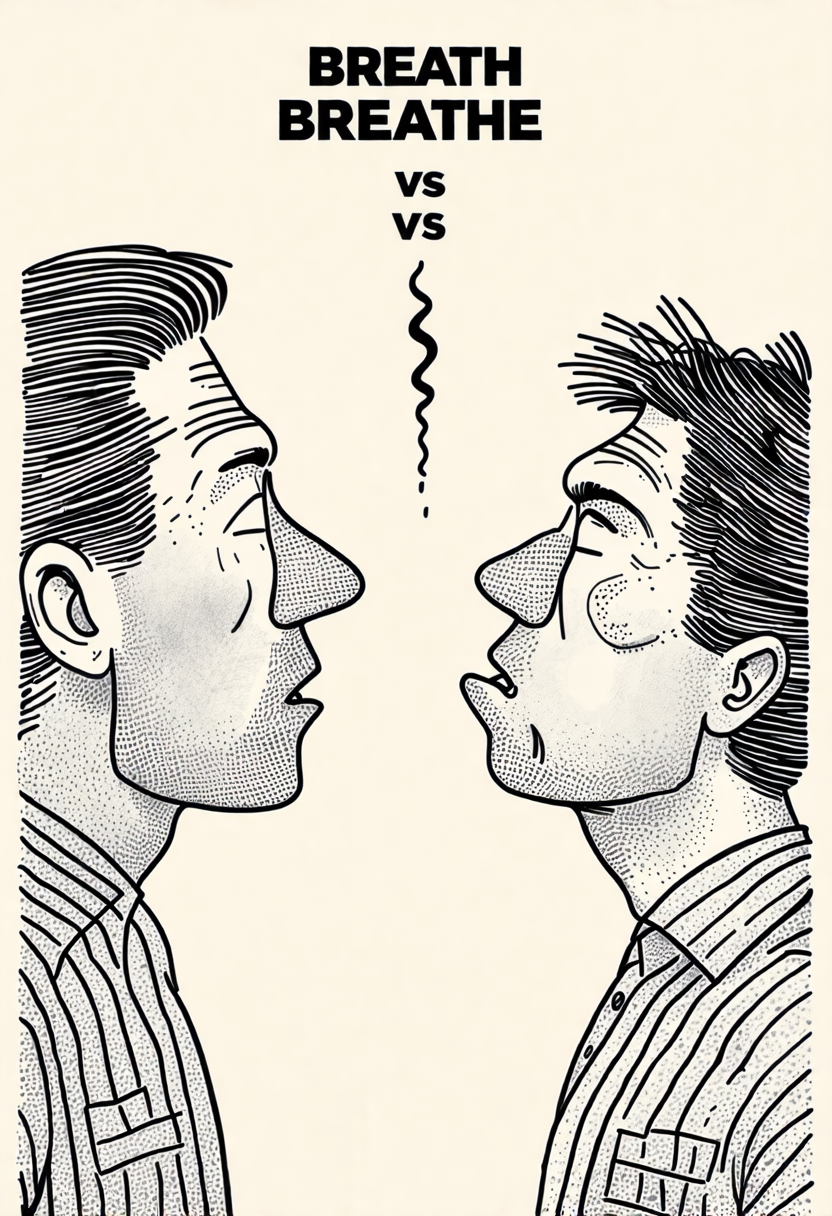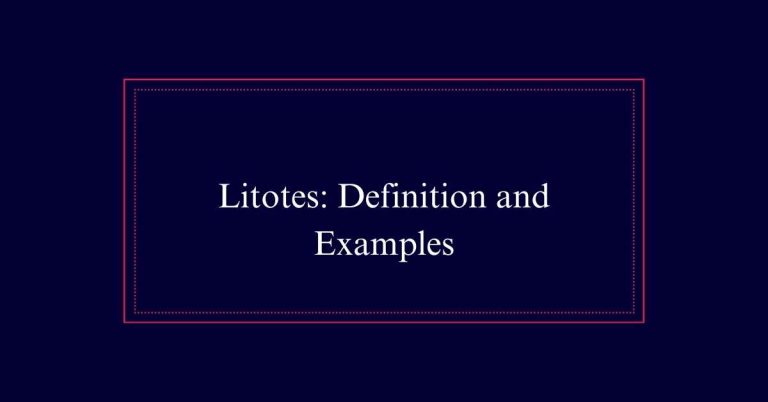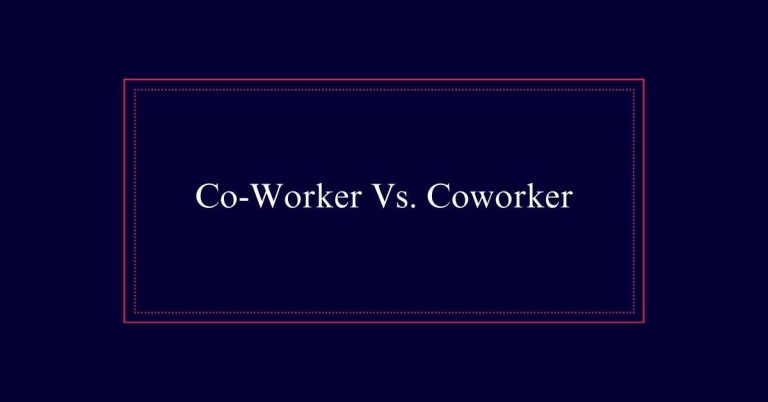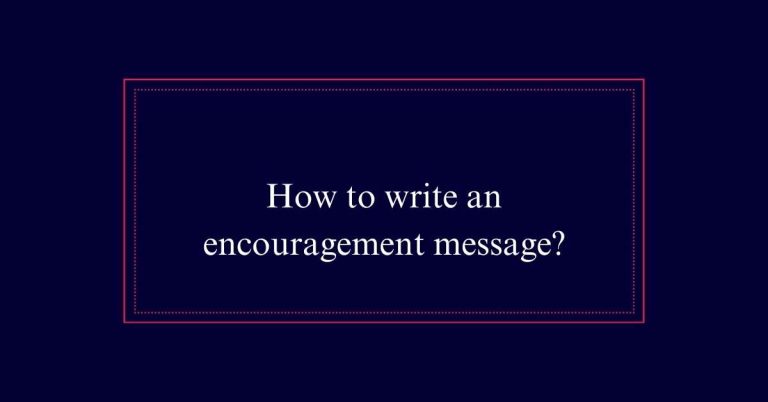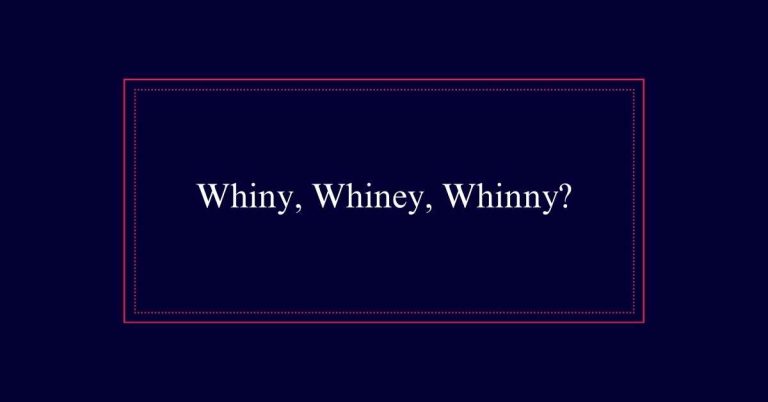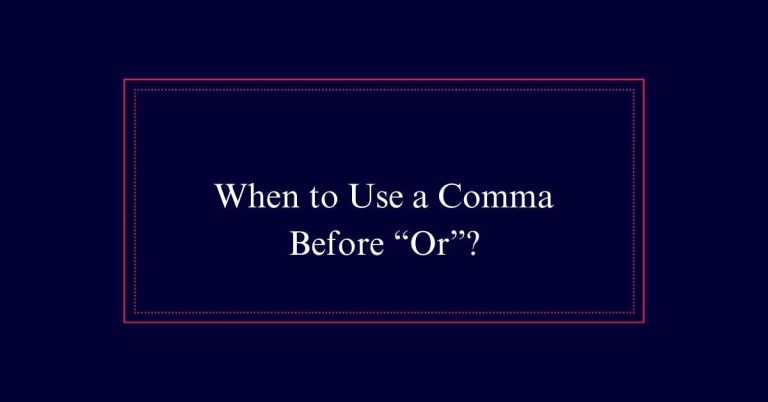Breath vs. Breathe
The main difference between ‘breath’ and ‘breathe’ lies in their use and spelling. ‘Breath’ is a noun, referring to the air you inhale and exhale. For example, “Take a deep breath.” ‘Breathe’ is a verb, meaning the act of inhaling and exhaling air. For instance, “Remember to breathe.” Remember that ‘breathe’ has an extra ‘e’ at the end. They might look similar, but using them correctly can make your writing clearer.
Spelling Differences
When it comes to spelling, the main difference between ‘breath’ and ‘breathe’ lies in the extra ‘e’ at the end of ‘breathe.’ This small letter changes how you use the words.
‘Breath’ is a noun. You take a breath.
‘Breathe’ is a verb. You breathe in and out.
It’s easy to mix them up because they look similar. Remember, ‘breath’ doesn’t have the ‘e’ at the end.
Use ‘breathe’ when talking about the action of taking air into your lungs. Think of the ‘e’ as the effort you put into the action. Keeping this in mind will help you use the right word every time.
Understanding Breath
Understanding breath starts with recognizing it as the air you inhale and exhale during each complete cycle of breathing. When you take a breath, you’re drawing air into your lungs and then releasing it. This process keeps you alive and fuels your body with oxygen. Breath is a noun, symbolizing the whole act of breathing.
Taking a deep breath can calm you. A short breath might mean you’re anxious. When you’re mindful of your breath, you can improve focus and relaxation.
Sometimes, breath refers to a gentle breeze or a pause, like taking a breath during a hectic day.
What Is Breathe?
Now, let’s explore what it means to breathe.
Breathing is the act of taking air into your lungs and then letting it out. When you breathe, you give your body the oxygen it needs to function. This verb describes the action of inhaling and exhaling air.
You also use ‘breathe’ when talking about letting air flow freely through something, like letting wine breathe to improve its flavor.
Sometimes, ‘breathe’ can mean being alive, as in ‘living and breathing.’ Remember, highlighting the importance of ‘breathe’ signifies an action.
Common Confusions
People often mix up ‘breath’ and ‘breathe’ due to their similar spellings and related meanings. It’s easy to confuse them, especially when writing quickly.
‘Breath’ is a noun and refers to the air you take in and out. ‘Breathe,’ on the other hand, is a verb that describes the act of taking air in and expelling it.
You might say, ‘Take a deep breath’ when you’re calming someone down. But you’d say, ‘Remember to breathe’ during a stressful moment. The key difference is that ‘breath’ is something you take, and ‘breathe’ is something you do.
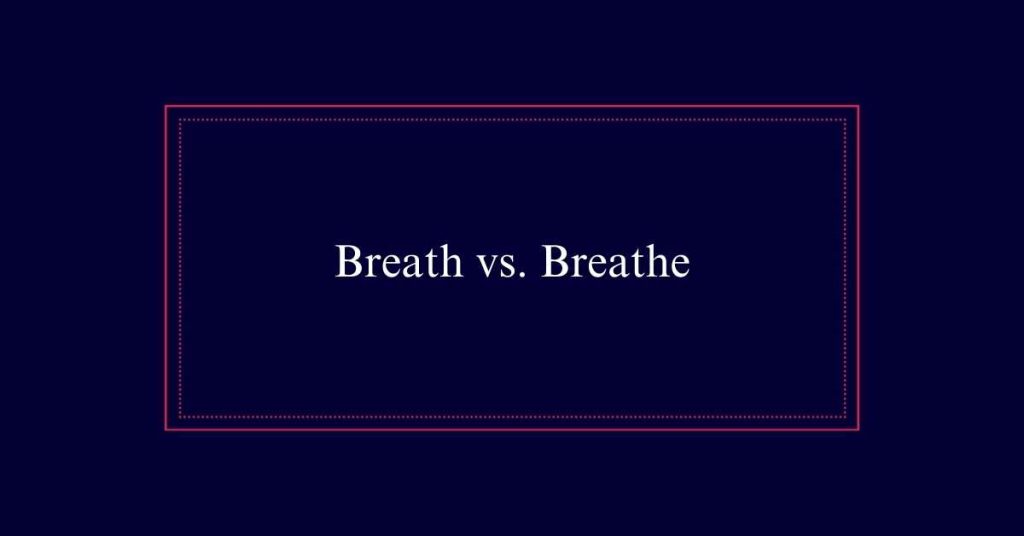
Using Breath Correctly
You might find yourself needing to use ‘breath’ when talking about taking a short pause or describing the air around you. As a noun, ‘breath’ refers to a complete cycle of inhaling and exhaling. It’s also used to describe the air we breathe. You can use ‘breath’ in phrases like ‘catching your breath’ or ‘taking a refreshing breath.’
Here’s a quick table to help you understand:
| Context | Example |
|---|---|
| Pause | ‘Take a breath between sentences.’ |
| Air | ‘The breeze of wind was chilly.’ |
| Rest | ‘He paused to catch his breath.’ |
| Small Amount | ‘There was hardly a breath of air.’ |
Using Breathe Properly
After understanding how to use ‘breath’ correctly, it’s time to explore how to use ‘breathe’ properly in your sentences.
‘Breathe’ is a verb, meaning to take air into your lungs and then expel it. For example, you might say, ‘Remember to breathe deeply during yoga.’
You can also use ‘breathe’ when talking about allowing air to pass through something, like in ‘Let the dough breathe before baking.’
It can also be figurative, such as ‘She lives and thrives art,’ indicating a passion for something.
Always remember, ‘breathe’ involves an action. Use it when describing someone or something actively taking in or expelling air, or when implying life and vigor.
Breath in Idioms
In many idioms, ‘breath’ adds depth and imagery to everyday expressions. For instance, when you say ‘take a breath,’ you mean to pause and relax.
‘Out of breath’ suggests someone is exhausted from physical activity. If you ‘hold your breath,’ you’re waiting anxiously for something to happen.
Saying someone ‘takes your breath away’ means they amaze or surprise you. When you ‘catch your breath,’ you recover from stress or exertion.
Using ‘breath of fresh air’ describes someone or something that brings new ideas or energy. These idioms use ‘breath’ to convey emotions and actions vividly.
Knowing these expressions helps you understand and use the language more effectively.
Breathe in Idioms
When used in idioms, ‘breathe’ adds a sense of life and activity to expressions. You might say, ‘breathe new life into’ to mean revitalizing something.
If you need space, you might ask for ‘room to breathe.’ Feeling relieved? You could be ‘breathing easily.’ When someone’s pressuring you, they’re ‘breathing down your neck.’
Ever feel astonished? Something might ‘take your breath away.’ These idioms show how ‘breathe’ conveys action and emotion.
They help you express feelings and situations vividly. Using ‘breathe’ in idioms makes your language more dynamic and engaging. So, next time you’re describing a situation, think about how ‘breathe’ can add that extra touch.
Practical Examples
Let’s look at some practical examples to understand how to use ‘breath’ and ‘breathe’ correctly.
When you’re feeling anxious, you might take a deep breath to calm down. Here, ‘breath’ is a noun.
After running, you need to breathe deeply to catch your breath. In this case, ‘breathe’ is the verb, and ‘breath’ is the noun.
‘There wasn’t a breath of wind on the lake,’ where ‘breath’ signifies a small amount of wind.
If you open a window to let fresh air in, you’re allowing the room to breathe.
Notice how ‘breath’ and ‘breathe’ are used differently depending on whether you’re talking about the action or the thing itself.
Frequently Asked Questions
Can Breath Be Used as a Verb?
No, you can’t use “breath” as a verb. “Breath” is a noun, referring to the air you inhale and exhale. To describe the action of inhaling and exhaling, you should use “breathe,” which is the verb.
Is There a Plural Form for Breath?
Yes, breath can have a plural form. You’d use “breaths” when referring to multiple instances of breathing. For example, “He took several deep breaths before speaking.” Remember, keep it simple and clear.
Do Breath and Breathe Have Any Synonyms?
Yes, breath and breathe have synonyms. For breath, you can use “inhale” or “exhale.” For breathe, try “respire” or “pant.” Remember, breath is a noun and breathe is a verb. Don’t mix them up!
Are Breath and Breathe Used Differently Across English Dialects?
Breath and breathe don’t differ much across English dialects. You’ll find the same basic uses in American, British, and other types of English. Just remember, breath is a noun and breathe is a verb.
How Do Breath and Breathe Differ in Pronunciation?
You pronounce “breath” with a short “e” sound, like “breth.” For “breathe,” add a long “e” sound, making it “breeth.” The extra “e” in “breathe” changes the pronunciation, making them distinct.
